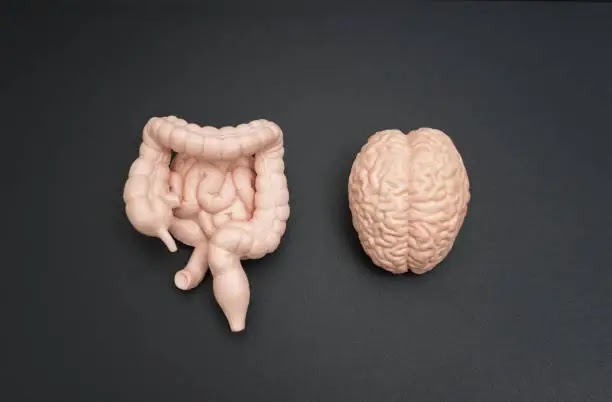How Bone Broth Supports Gut Healing: The Science & Simple Recipes
How Bone Broth Supports Gut Healing: The Science & Simple Recipes Meta Description: Discover why bone broth is a gut-health powerhouse, backed by science—and get two easy recipes to make at home. 🥣 Why Bone Broth Boosts Gut Health Bone broth is more than a cozy drink—it's a gut-healing elixir. Here’s why: Rich in collagen & gelatin: These help seal and repair the gut lining by forming a protective coating. Loaded with amino acids: Glycine and proline reduce inflammation and support healthy gut bacteria. High in minerals: Calcium, magnesium, and potassium support digestion and cell repair. ✅ Bone Broth Benefits at a Glance Benefit Gut Effect Gentle on digestion Ideal for sensitive stomachs Repairs gut lining Helps reduce leaky gut Supports microbiome Feeds good bacteria Hydrating & nutrient-rich Reduces inflammation ...




